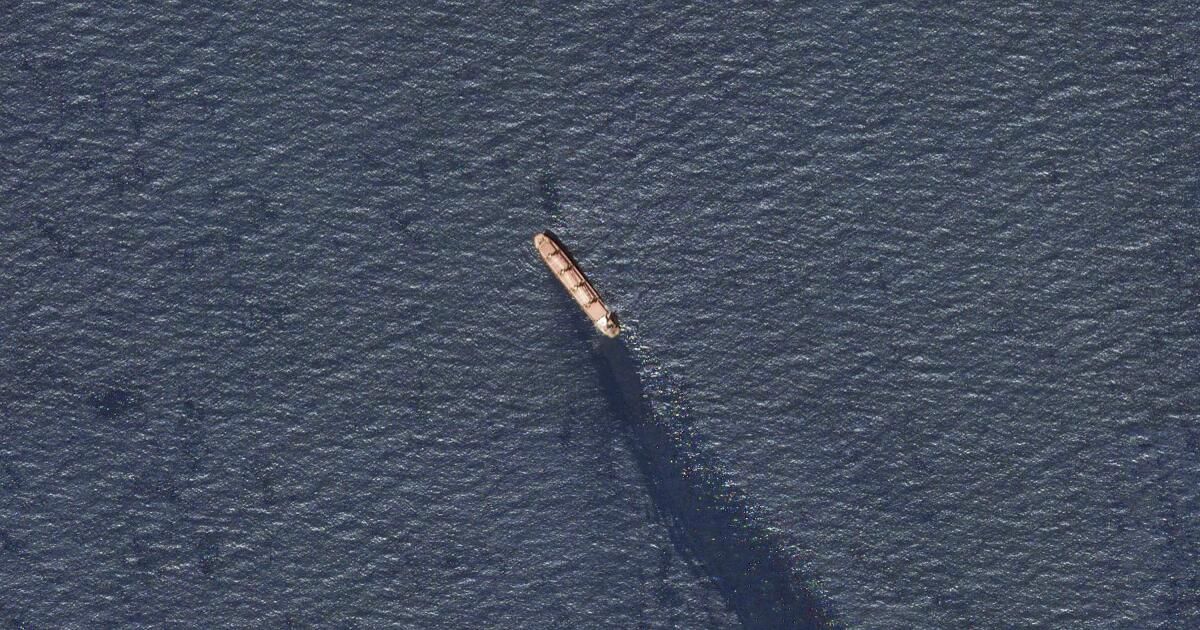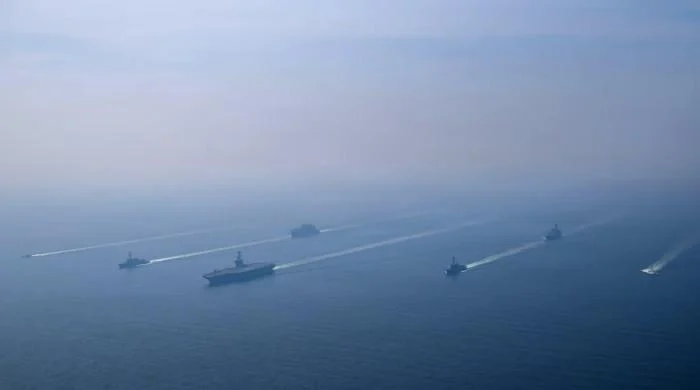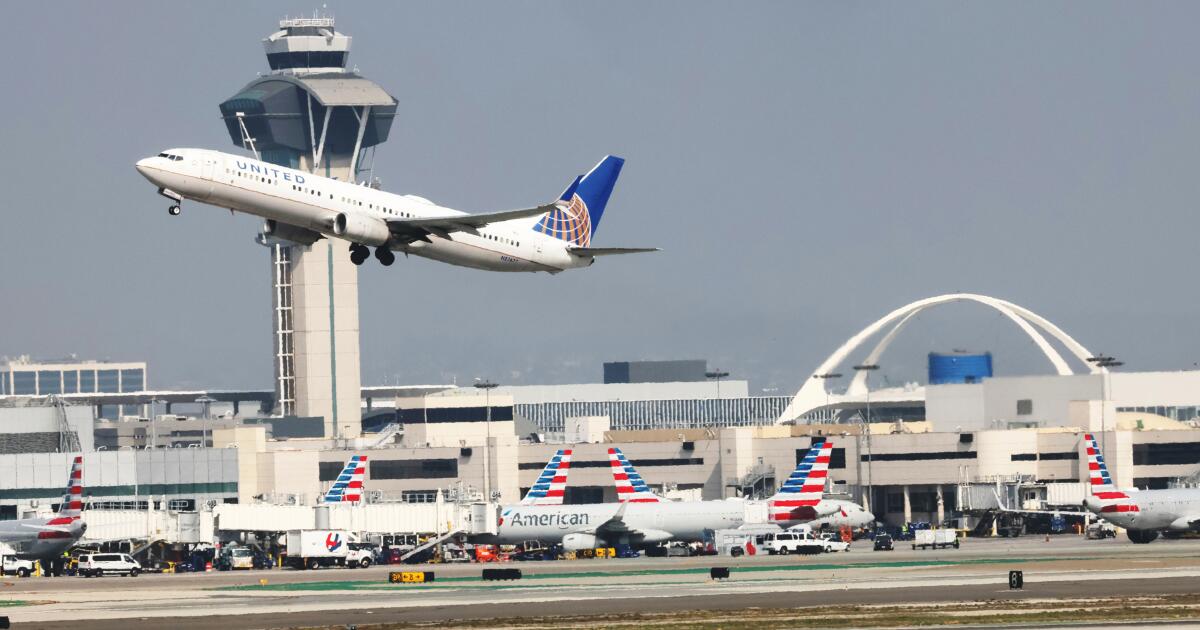A vibrant fishing industry, some of the largest coral reefs in the world, desalination plants that supply drinking water to millions of people. All are at risk from the large quantities of fertilizer and oil spilled into the Red Sea after the sinking of a cargo ship attacked by Yemen's Houthi rebels.
Authorities said Saturday that the M/V Rubymar, a Belize-flagged ship that was reportedly carrying 22,000 metric tons of toxic fertilizer, sank after taking on water in the Feb. 18 attack.
Even before plunging into the depths of the ocean, the ship had been spilling heavy fuel oil that caused an 18-mile oil slick across the waterway, which is critical for cargo and energy shipments headed to Europe.
Since November, Houthi rebels have repeatedly attacked ships in the Red Sea over Israel's war in Gaza. They have frequently attacked ships with weak or no ties to Israel.
The US Central Command, which oversees the Middle East, has warned in recent days of a looming “environmental disaster.” That has less to do with the size of the ship's dangerous cargo than with the unique natural features and use of the Red Sea, said Ian Ralby, founder of maritime security firm IR Consilium.
Compounding concerns about the Rubymar sinking are the unique circular patterns of the Red Sea water, which essentially functions as a giant lagoon, with water moving north toward the Suez Canal in Egypt during the winter and towards the Gulf of Aden in summer.
“What spills into the Red Sea stays in the Red Sea,” Ralby said. “There are many ways it can be damaged.”
Saudi Arabia has been building the world's largest network of desalination plants for decades, and entire cities like Jeddah depend on these facilities for almost all of their drinking water. Oil can clog intake systems and inflict costly damage to your saltwater conversion.
The Red Sea is also a vital source of seafood, especially in Yemen, where fishing was the second largest export after oil before the current civil war between the Houthis and Yemen's Sunni government.
Ralby has been studying the Red Sea's vulnerabilities in relation to what could have been a much worse maritime tragedy: the FSO Safer, a decrepit oil tanker that had been moored for years off the coast of Yemen with more than 1 million barrels of crude oil until its cargo was successfully transferred to another vessel last year.
Although the amount of oil that Rubymar spilled is unknown, Ralby estimates that it could not have exceeded 7,000 barrels. While that is a mere fraction of the Safer's cargo, it is significantly more oil than spilled by a Japanese-owned ship, the Wakashio, which capsized near Mauritius in 2020, causing millions of dollars in damage and damaging the livelihoods of thousands of fishermen. .
More difficult to understand is the risk of the 22,000 metric tons of fertilizer that port authorities in Djibouti, next to where the Rubymar sank, said the ship was carrying at the time of the attack. If Rubymar remains intact underwater, the impact will be a slow trickle rather than a massive release, Ralby said.
Fertilizers fuel algae blooms like those seen each year on the Texas Gulf Coast as a result of much greater nutrient runoff from farms, urban lawns and industrial waste. The result is the loss of oxygen, the suffocation of marine life and the creation of so-called “dead zones”.
Some of the largest and most colorful coral reefs in the world are at risk in the Red Sea. Several of them are important tourist attractions and increasingly the subject of extensive scientific research due to their apparent resistance to warming seawater temperatures that have destroyed reefs in other parts of the ocean.
As manageable as the fallout from the Rubymar's sinking is, Ralby worries it could be a harbinger of something even worse to come. She said most container ships have withdrawn from Red Sea shipping lanes since the Houthis began attacking ships in the area over the war between Israel and Hamas. What remains, he said, are ships, tankers and bulk carriers in poor condition that pose much greater environmental risks.
“With fewer and fewer container ships to attack, the chances of another spill with massive environmental impact have increased enormously,” Ralby said.
Joshua Goodman is a reporter for the Associated Press.












